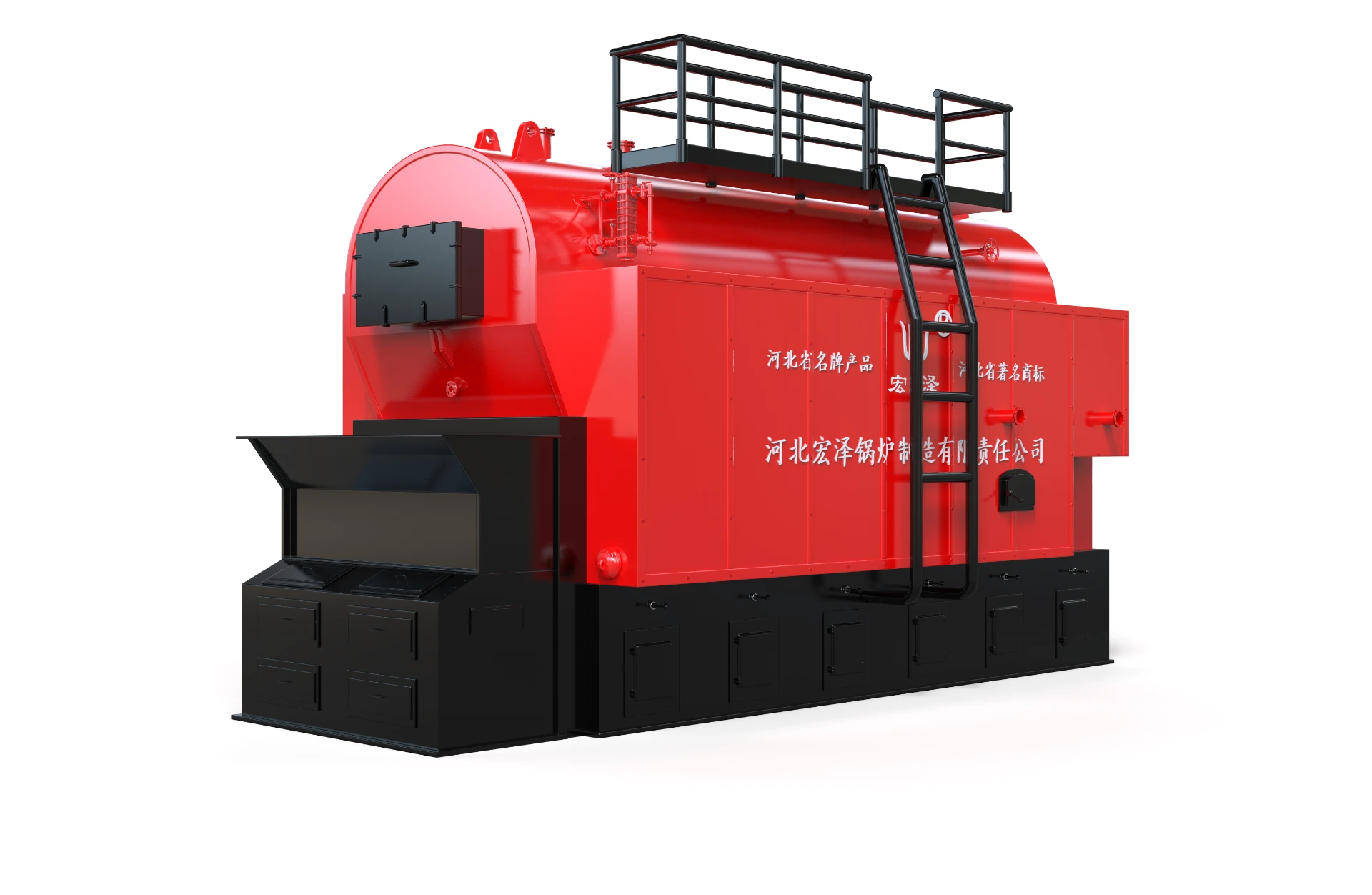
Dec . 05, 2024 11:43 Back to list
hot water boiler installation
Hot Water Boiler Installation A Comprehensive Guide
Installing a hot water boiler can be a significant investment for homeowners and business operators alike. A well-functioning boiler not only ensures a consistent supply of hot water but also enhances energy efficiency, potentially reducing utility bills. This article outlines the essential steps and considerations involved in hot water boiler installation, ensuring a smooth and successful setup.
Understanding Your Needs
Before diving into the installation process, it is crucial to assess your hot water needs. Consider the number of occupants in your home, the size of your property, and the peak hot water usage times. This assessment will help you determine the appropriate boiler size and type. There are primarily two types of boilers conventional and tankless. Conventional boilers store a specific amount of hot water in a tank, while tankless models heat water on demand. Each has its advantages; conventional systems typically provide a steady supply of hot water, whereas tankless systems save space and energy.
Choosing the Right Boiler
Once you have a clear understanding of your hot water requirements, it's time to choose a suitable boiler. Research different brands and models, considering factors such as energy efficiency ratings, warranty offerings, and customer reviews. Look for boilers that meet or exceed Energy Star ratings, as they are more likely to reduce your energy consumption over time. It is also advisable to consult with a professional plumber or HVAC technician who can provide insights based on experience and expertise.
Preparing for Installation
Preparing for installation involves several crucial steps. First, check your local building codes and regulations regarding boiler installation. You may need to obtain permits before proceeding. Additionally, select an appropriate location for the boiler that allows for proper ventilation and access for maintenance. Ensure that the space is large enough to accommodate the boiler and related equipment without crowding.
Installation Process
The installation process should ideally be carried out by a licensed professional to guarantee safety and compliance with local codes. Here’s a brief overview of the steps involved
hot water boiler installation

1. Shut Off Utility Services Before removing the old boiler, ensure you turn off the gas and electricity (if applicable). 2. Drain the Old Boiler If you are replacing an existing unit, drain the old boiler and disconnect it from the water supply, gas, or electricity.
3. Position the New Boiler Place the new boiler in the designated area, ensuring it is level and stable.
4. Connect System Components Attach the water supply and return lines, as well as any gas or electrical connections. Always adhere to the manufacturer’s instructions and local codes during this step.
5. Ventilation Installation Proper ventilation is critical to ensure safety and efficiency. Install ventilation pipes as needed, making sure they direct exhaust gases safely outside.
6. Full System Testing After installation, conduct a thorough test of the system. Check for leaks, ensure the pressure gauge reads correctly, and verify that the thermostat operates as intended.
7. Instruct Homeowners Finally, provide the homeowners with operational instructions. Explain how to set the temperature, maintain the system, and recognize signs of trouble.
Regular Maintenance
After your hot water boiler is installed, regular maintenance is essential to prolong its lifespan and maintain efficiency. Schedule annual inspections and cleanings with a certified technician, who can identify potential issues before they escalate into costly repairs. Homeowners should also regularly check the pressure gauge, monitor the temperature, and inspect for any unusual noises or leaks.
Conclusion
Installing a hot water boiler is a complex process that requires careful planning and professional expertise. By understanding your needs and following the proper installation protocol, you can enjoy reliable hot water while maximizing energy efficiency. Careful selection, professional installation, and ongoing maintenance will ensure your investment serves you well for years to come.
-
High-Efficiency Commercial Oil Fired Steam Boiler for Industry
NewsJul.30,2025
-
High-Efficiency Biomass Fired Thermal Oil Boiler Solutions
NewsJul.30,2025
-
High Efficiency Gas Fired Thermal Oil Boiler for Industrial Heating
NewsJul.29,2025
-
High-Efficiency Gas Fired Hot Water Boiler for Sale – Reliable & Affordable
NewsJul.29,2025
-
High Efficiency Biomass Fired Hot Water Boiler for Industrial and Commercial Use
NewsJul.29,2025
-
High-Efficiency Biomass Fired Hot Water Boiler for Industrial Use
NewsJul.28,2025
Related PRODUCTS






















